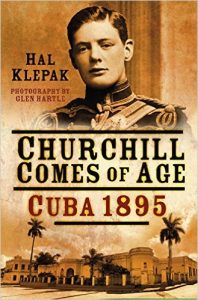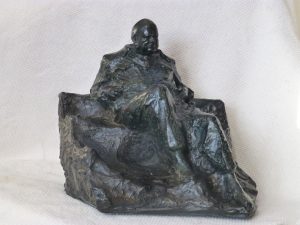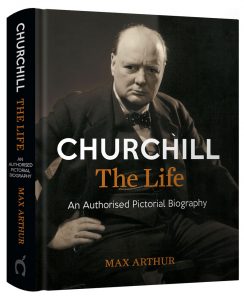
Bulletin #89 - Nov 2015
Finest Hour—Number 170
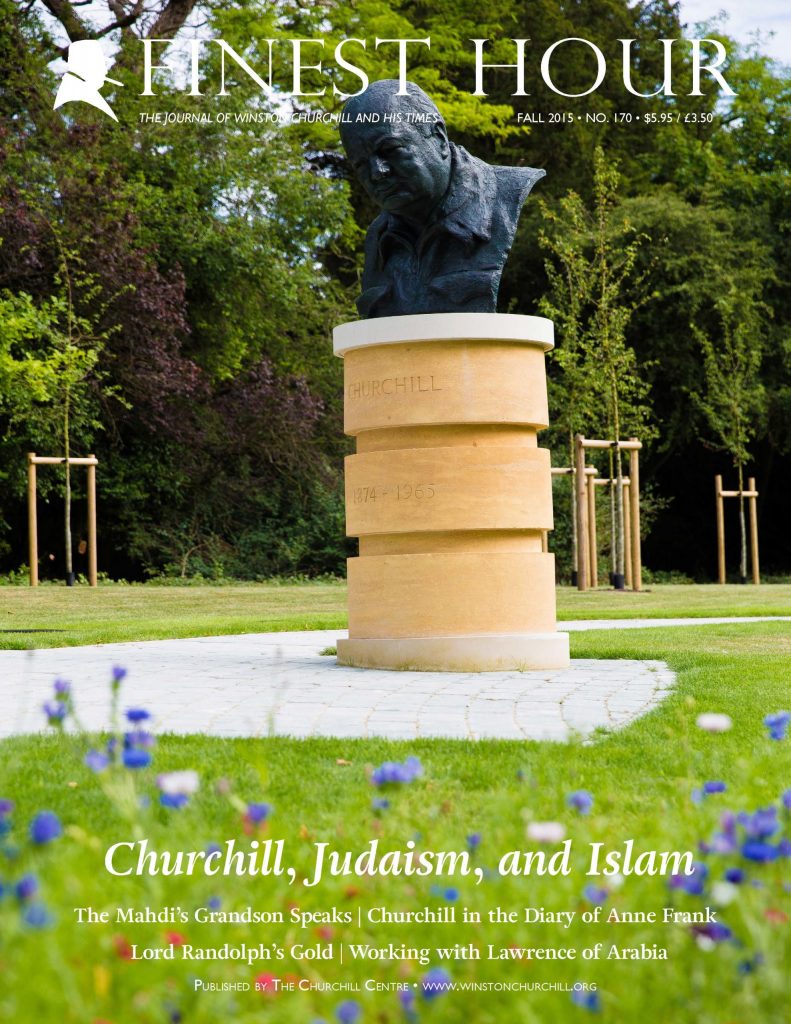
November 6, 2015
Autumn 2015 Edition Now Available
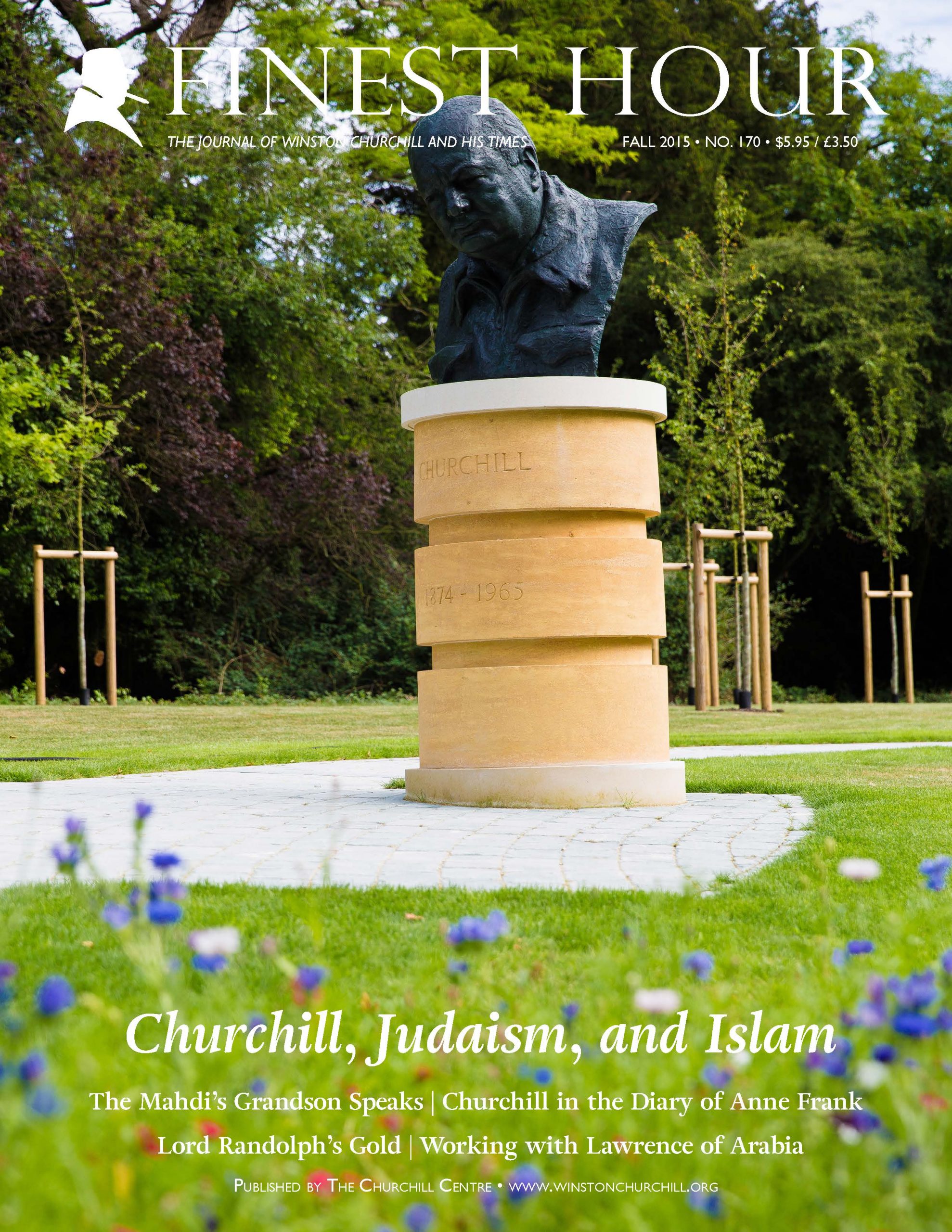
The autumn 2015 edition of Finest Hour has now been published with the theme “Churchill, Judaism, and Islam.” The Middle East is never not in the news. Winston Churchill’s involvement with the Jewish and Muslim worlds, however, began well before his first extended travels in the region and continued throughout his long life. His association with both cultures greatly influenced him, and his own impact upon the Middle East remains strong today.
The upheaval of the First World War destroyed the centuries-old Ottoman Empire. Churchill emerged as the key figure in the reconfiguration of the Middle East following the end of Turkish colonial rule. Warren Dockter describes how the counsel of T. E. Lawrence influenced Churchill’s decision making.
Churchill’s fulfillment of the pledge made in the Balfour Declaration opened the way for the establishment of a new nation for the Jewish people in their ancient homeland. Progress towards this goal became inextricably linked with the rise of Nazi Germany and the ensuing tragedy of the Holocaust. David Patterson illustrates these developments and Churchill’s reactions to them. Trying, and with much success, to influence Churchill along the way was Chaim Weizmann. Fred Glueckstein describes the relationship between Britain’s self-proclaimed “Zionist” prime minister and the first President of Israel.

2025 International Churchill Conference
Many people have seen the dramatization of The Diary of Anne Frank on stage or film. Not so many people have read the diary itself, although it has been translated into many languages and millions of copies are in print. Thus readers may be surprised to learn that one of the people whom Anne Frank most admired was Winston Churchill, as we show with the relevant passages.
Churchill’s Philo-Semitism undoubtedly came in part from his father Lord Randolph. Author David Lough, author of No More Champagne: Churchill and His Money, describes the investment scheme the elder Churchill developed with the support of the Rothschilds that provided something of a family nest egg.
Probably the highlight of this year’s thirty-second annual Churchill conference was the speech delivered by the Imam Ahmed Abdel Rahman El Mahdi, the grandson of the same Mahdi whose rebellion in Sudan precipitated the River War of 1898 involving a young Lieutenant Churchill. The call of the Imam for a peaceful understanding and relationship between Islam and other faiths was followed by a standing ovation.
Finally, we began this year marking the fiftieth anniversary of Churchill’s death. We end with the reflections of the Reverend Canon Adrian Daffern, Rector at St. Martin’s, Bladon, the final resting place of Churchill and his family.
Subscribe
WANT MORE?
Get the Churchill Bulletin delivered to your inbox once a month.

